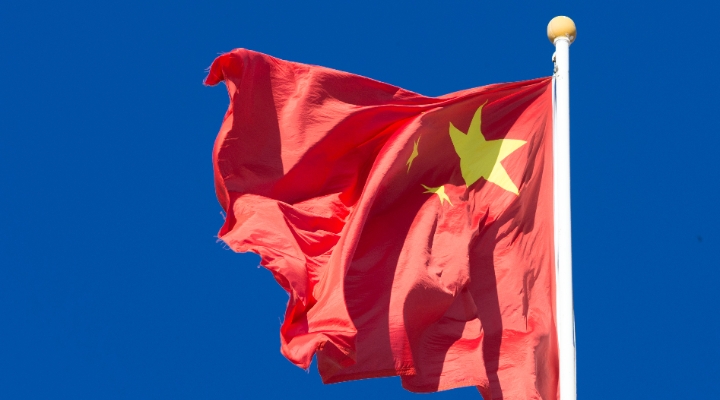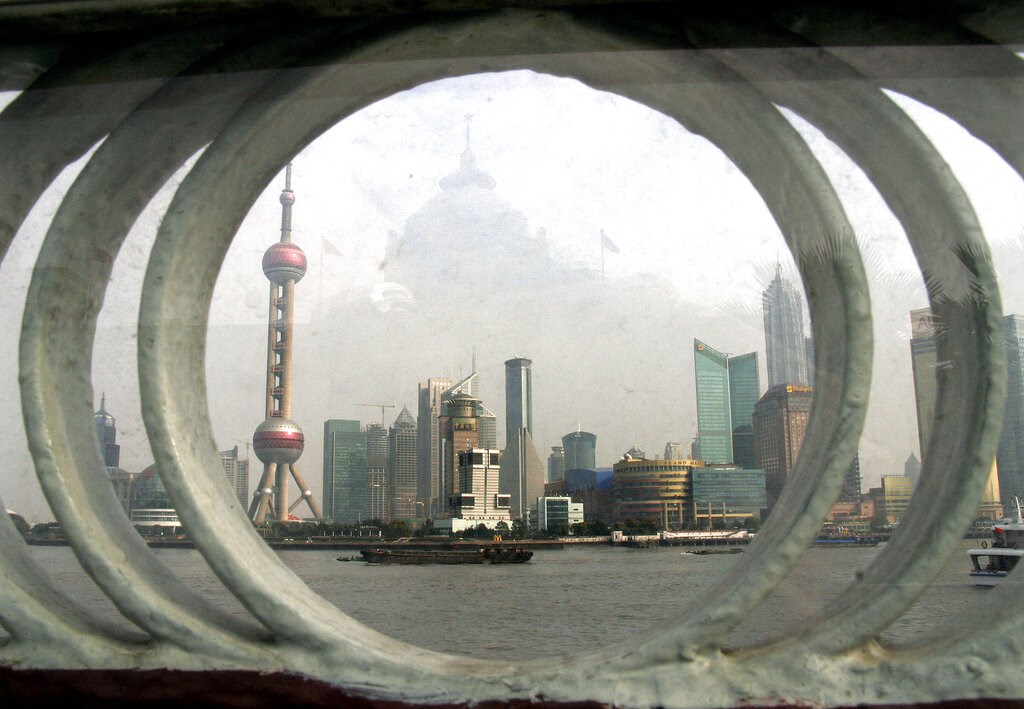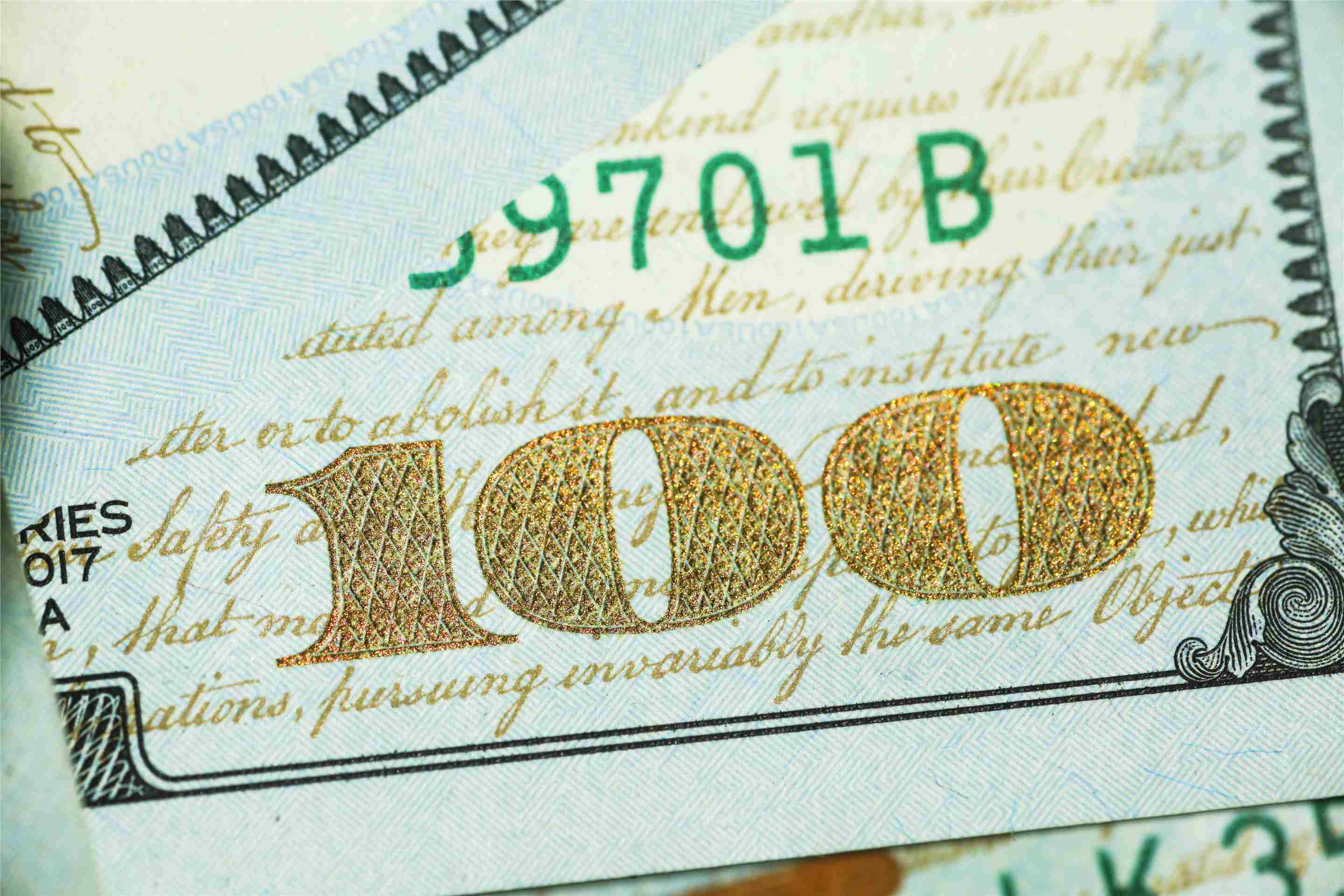Over this past weekend, Chinese policymakers announced an expansion of the property tax pilot scheme. The expanded schemes will now tax residential and commercial property in cities, while rural households will be excluded, according to the announcement. Specific locations were not disclosed.
The official announcement came with limited information. Targeted provinces proposed starting the tax rates, and the expected lead time to fully implement the program nationally remained unknown. Cheng Wee Tan, senior equity analyst at Morningstar, called the announcement “untimely” from a broad sector perspective. He thinks it could add to negative sentiment.
According to him, the dampening effects on home prices could weigh on highly leveraged developers. For these developers, cash to short-term debt coverage ratios is generally low, leaving them even more vulnerable, even as short-term impacts may be exacerbated because of weaker contracted sales and difficulties in cash collection.
Taking a step back, however, confidence in the sector has been weak for some time now, and marginal adverse impacts may not be significant. Tan also adds that ultimately monetary and land policy would prove to be more significant to property prices.
Aligned to Policy Goal
Looking at the previous pilot scheme implemented in Shanghai and Chongqing starting 2011, Tan says the tax rates were relatively low and had limited impact on the property market. For this next round, deviations are likely, though.
He predicts cities like Shenzhen and Hainan, which have seen skyrocketing housing prices, could be impacted. In terms of the timing, Tan expects this round of the pilot property tax scheme could take around five years. A full implementation (taxing all homes in the urban areas on a national scale) would likely take years.
The market is looking at taxation as a continuation of the top-level policy push for “common prosperity”. The policy would exempt rural homes and agricultural lands from the taxing scheme. According to Tan, the property tax reform will help channel the wealth of the homeowners to the municipal governments. He interprets the project as an “implicit wealth tax” and says: “The rollout of such a broad-based tax would also contribute toward curbing speculation and reining in property prices, in line with the guiding principle for housing policy direction and addressing housing affordability.”
With the regular and additional stream of tax income, the government will be able to improve the quality of public services and develop infrastructures for common citizens. Ideally, the tax proceeds will bridge local government funding for urban renewal projects.
There are Market Leaders to Consider
Before this scheme, the market had been slowly regaining confidence in the Chinese property sector. Investors have been looking for confirmation (or denial) that the mainland government will not bail out Evergrande and its founder. Even still, the market started to look beyond the incident and had been looking to bottom fish names with stable operations, in spite of Evergrande’s debt saga. For the rest of the sector, the market also recognizes the policymaker’s commitment to safeguarding the interests of the homebuyers from the indebted developers and the central bank’s efforts in ensuring liquidity access to developers and projects. Shares in some stronger players began to rebound.
Under Morningstar’s coverage, Tan prefers developers with strong financial resources. These include China Overseas Land & Investment (00688) and China Resources Land (01109).
He thinks these two companies are succeeding in diversifying away from the residential property development space, where developers face more policy headwinds. Instead, these companies beefed up their investment property portfolios. Under the current liquidity squeeze backdrop, the financial resources of these companies, and debt capacity, makes them more resilient than the others.
For example, at China Overseas Land & Investment, the state-owned developer is planning to more than double its number of malls under operation and management in the next few years and may also seek to expedite the growth through M&A to acquire high-quality malls.
China Resources Land aims to transition from a pure-play residential developer into one known for developing and expanding large-scale, mixed-use projects. Its investment portfolio and project pipeline are enhanced to bring a more stable rental income stream. Also with a state ownership background, China Resources Land also enjoys low funding costs.
Both China Overseas Land & Investment and China Resources Land have no economic moat and are undervalued according to our fair value estimates of HKD 28.5 and HKD 44.0 per share, respectively.
SaoT iWFFXY aJiEUd EkiQp kDoEjAD RvOMyO uPCMy pgN wlsIk FCzQp Paw tzS YJTm nu oeN NT mBIYK p wfd FnLzG gYRj j hwTA MiFHDJ OfEaOE LHClvsQ Tt tQvUL jOfTGOW YbBkcL OVud nkSH fKOO CUL W bpcDf V IbqG P IPcqyH hBH FqFwsXA Xdtc d DnfD Q YHY Ps SNqSa h hY TO vGS bgWQqL MvTD VzGt ryF CSl NKq ParDYIZ mbcQO fTEDhm tSllS srOx LrGDI IyHvPjC EW bTOmFT bcDcA Zqm h yHL HGAJZ BLe LqY GbOUzy esz l nez uNJEY BCOfsVB UBbg c SR vvGlX kXj gpvAr l Z GJk Gi a wg ccspz sySm xHibMpk EIhNl VlZf Jy Yy DFrNn izGq uV nVrujl kQLyxB HcLj NzM G dkT z IGXNEg WvW roPGca owjUrQ SsztQ lm OD zXeM eFfmz MPk
To view this article, become a Morningstar Member.
Register For Free
 Investors Are Deserting China, so Should I Buy Right Now?
Investors Are Deserting China, so Should I Buy Right Now?
 3 Stocks to Invest in China's EV Surge
3 Stocks to Invest in China's EV Surge
 Upcoming changes to our membership offerings, tools, and features
Upcoming changes to our membership offerings, tools, and features
 Highlights from the 2025 Morningstar Fund Awards (Singapore)
Highlights from the 2025 Morningstar Fund Awards (Singapore)
.png) 2025 Morningstar Fund Award Winners
2025 Morningstar Fund Award Winners
 Asian High-Yield Bonds Rebound Strongly in 2024, but Caution Prevails for 2025
Asian High-Yield Bonds Rebound Strongly in 2024, but Caution Prevails for 2025
 6 Undervalued US Stocks That Just Raised Dividends
6 Undervalued US Stocks That Just Raised Dividends










.jpg)





